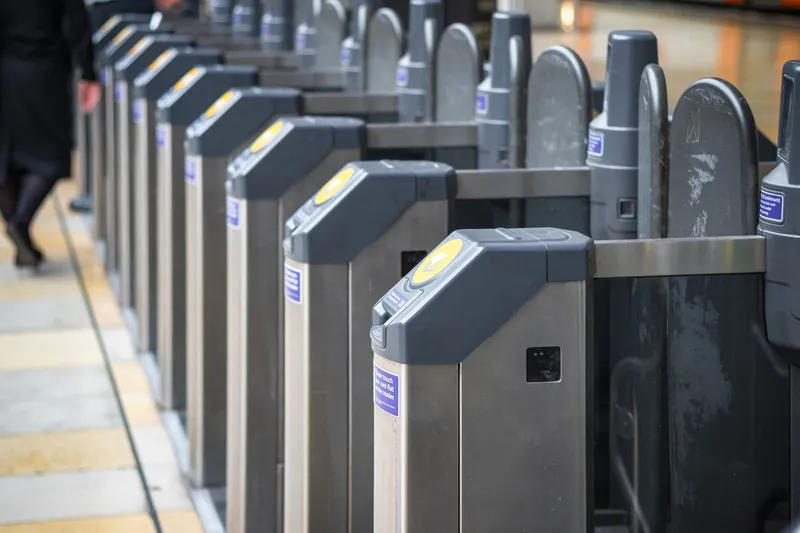Australian transportation technology provider Vix Technology has won a US$14 million contract with the Malaysian government to unify payments for the country’s multiple transit operators under a single transport ticketing system.
The scope of the deal will see Vix Technology design, install, operate and maintain the transit acquirer system (TAS) and business rules engine (BRE) for the new integrated cashless payment system (ICPS).
July 31, 2015
Read time: 2 mins
Australian transportation technology provider 647 Vix Technology has won a US$14 million contract with the Malaysian government to unify payments for the country’s multiple transit operators under a single transport ticketing system.
The scope of the deal will see Vix Technology design, install, operate and maintain the transit acquirer system (TAS) and business rules engine (BRE) for the new integrated cashless payment system (ICPS).
The ICPS will consolidate transit and micro-payments into a transit payments acquiring system and allow Malaysians who travel on the country’s current and future bus, rail, metro and monorail networks to use a single integrated smartcard to pay for all their travel.
The new system expected to roll out from early 2017, will make travel and payments quicker and easier for commuters, as well as tourists, who currently have to manage various prepaid accounts and card systems operated by several disconnected transit providers. The system will support both the Touch-n-Go Card as well as the new myDebit card currently being issued by Malaysian Banks.
The scope of the deal will see Vix Technology design, install, operate and maintain the transit acquirer system (TAS) and business rules engine (BRE) for the new integrated cashless payment system (ICPS).
The ICPS will consolidate transit and micro-payments into a transit payments acquiring system and allow Malaysians who travel on the country’s current and future bus, rail, metro and monorail networks to use a single integrated smartcard to pay for all their travel.
The new system expected to roll out from early 2017, will make travel and payments quicker and easier for commuters, as well as tourists, who currently have to manage various prepaid accounts and card systems operated by several disconnected transit providers. The system will support both the Touch-n-Go Card as well as the new myDebit card currently being issued by Malaysian Banks.









